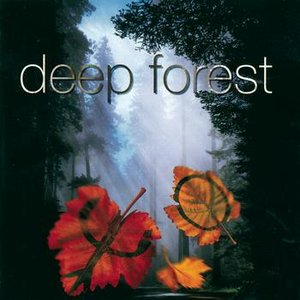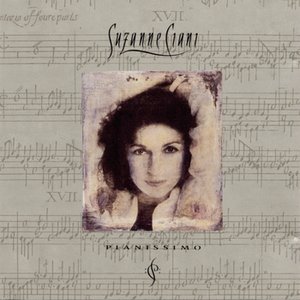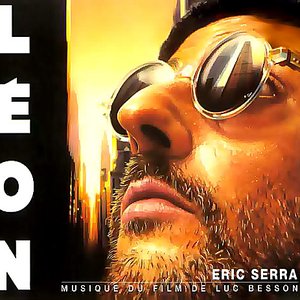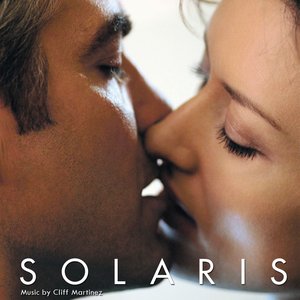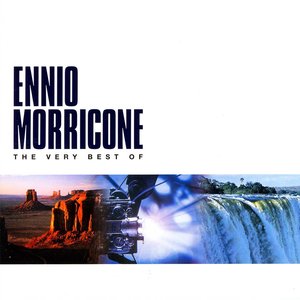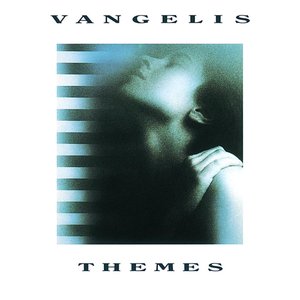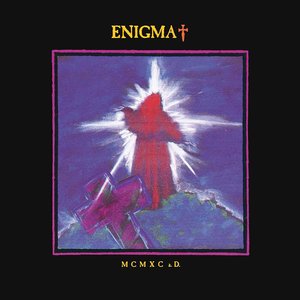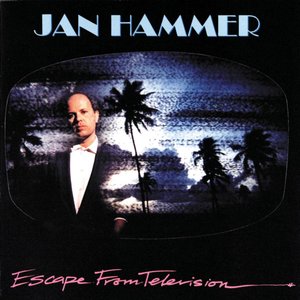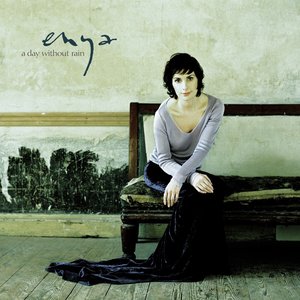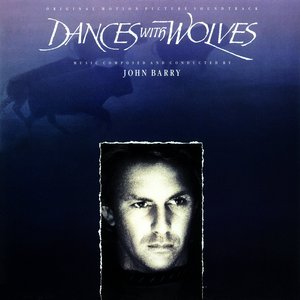Wiki
-
Release Date
6 June 1994
-
Length
12 tracks
Blade Runner is the soundtrack album to the film of the same name directed by Ridley Scott. The soundtrack was composed by Vangelis. It is a dark, melodic combination of classic composition and futuristic synthesizers (mainly a Yamaha CS-80) which mirrors the film-noir retro-future envisioned by Scott. Vangelis, fresh from his Academy Award winning score from Chariots of Fire, composed and performed the music on his synthesizers. The album features vocal contributions from frequent Vangelis collaborator Demis Roussos, as well as a sax solo by Dick Morrissey on "Love Theme." Ridley Scott also included the track "Memories of Green" from Vangelis' 1980 album See You Later to the film's soundtrack. An orchestral version of this song would again be used by Scott in his film Someone To Watch Over Me. Along with Vangelis' compositions and ambient textures, the film's soundscape also prominently features a track by the Japanese group Ensemble Nipponia (Ogi No Mato or "The Folding Fan as a Target" from the Nonesuch Records release Traditional Vocal and Instrumental Music) and a track by harpist Gail Laughton ('Pompeii 76 A.D.' from Laurel Records recently reissued Harps of the Ancient Temples).
Despite the music being well received by fans and critically acclaimed – nominated in 1983 for a BAFTA and Golden Globe as best original score – and the promise of a soundtrack album from Polydor Records in the end titles of the film, the release of the original soundtrack recording was delayed for over a decade. There are three official releases of the music from Blade Runner. In light of the lack of a release of an official score, an orchestral adaptation, recorded by The New American Orchestra, was released in 1982. Some of the film tracks would in 1989 surface on the compilation Themes, but it was not until the 1992 release of the Director's Cut version of the film that a substantial amount of the score would see the light of day on an official release.
Album descriptions on Last.fm are editable by everyone. Feel free to contribute!
All user-contributed text on this page is available under the Creative Commons Attribution-ShareAlike License; additional terms may apply.

